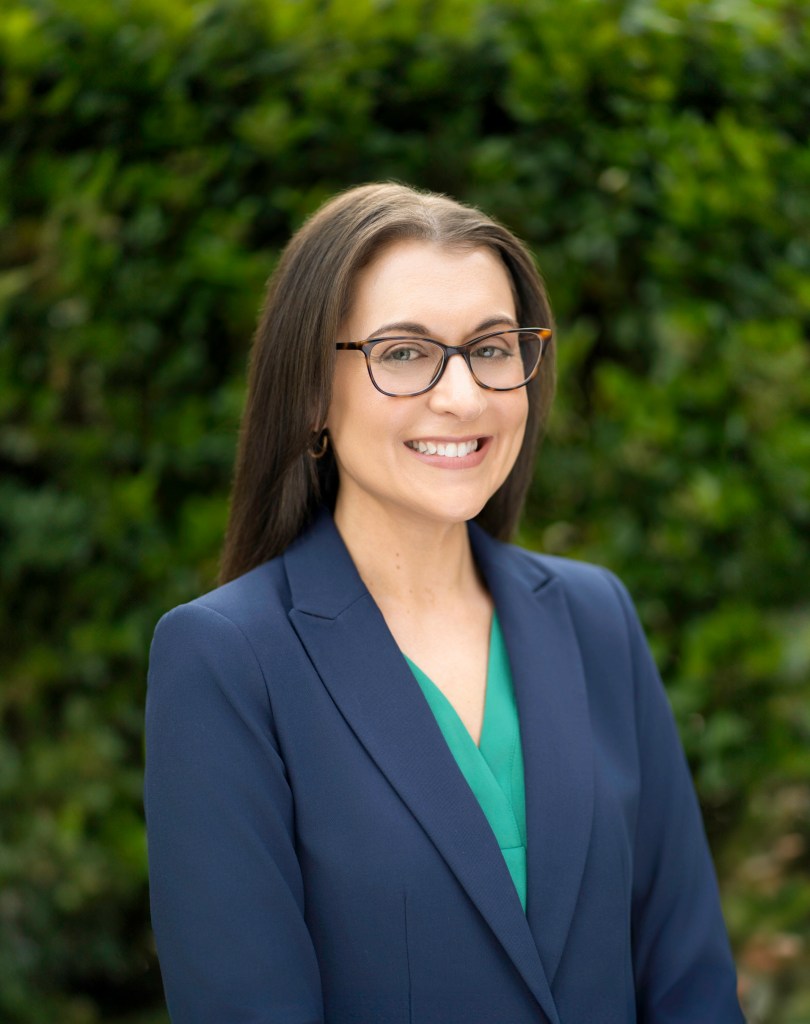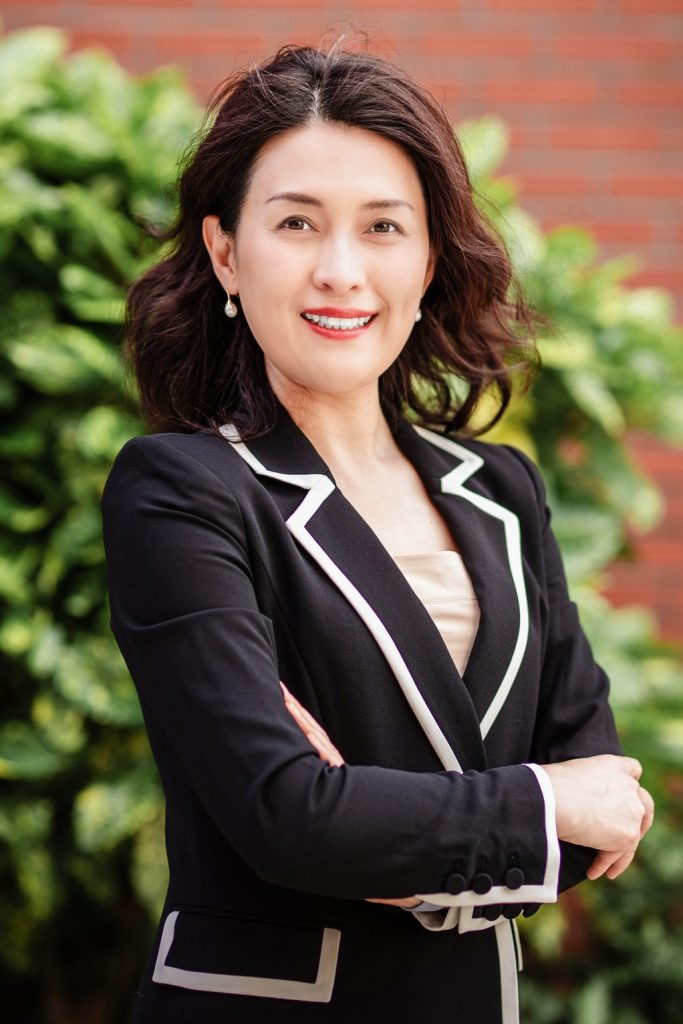In Cary’s municipal elections this year, there was a lot of sound and fury surrounding a likely upcoming property tax increase. In the end, it signified, if not nothing, an electorate resigned to the inevitable eventuality of needing to pay a little bit more.
In the race for an at-large seat on the town council, one-term incumbent Carissa Kohn-Johnson, a marketing professional and the candidate who has been most transparent about the need for a moderate tax hike in order to preserve town services, handily beat her opponent Marjorie Eastman by a 30-point margin, according to unofficial election results.
Eastman, an author, combat veteran, and former U.S. Senate candidate, made keeping property taxes low the cornerstone issue of her campaign, even sending out a mailer designed to look like an official Town of Cary document threatening spending and property tax increases of 73 percent and 25 percent, respectively. (We fact-checked the mailer, and it’s not at all clear where Eastman got her numbers from.) While Cary’s town council members did unanimously pass a tax increase for the current fiscal year this spring, the town’s property tax rate remains the lowest in Wake County (though its property values are among the county’s highest).
Eastman didn’t offer any ideas for how to pay for the priorities she favored, which included increasing spending on public safety. Voters across Cary, a town that is routinely voted one of the safest in the country, weren’t convinced: a full 65 percent of them cast a ballot for Kohn-Johnson, who, for her part, said she thinks keeping things cordial helped contribute to her victory.
“This is a referendum of negativity in politics,” Kohn-Johnson told the INDY at an election night watch party at RBF, a champagne bar in downtown Cary. “I think what people don’t want any more of is us-versus-them. And so they responded really positively to three different women with an ‘us’ message. And it’s not that we don’t have teeth, it’s not that we don’t have gumption, it’s that we’re not using a frame of reference that’s ‘them.’ I never said my opponent’s name—didn’t talk about her—and it worked.”
In northern Cary’s District A, the candidates’ platforms were more aligned, with both longtime incumbent Jennifer Robinson and first-time candidate Brittany Richards focused on improving the quality of Cary’s town services, preserving its green spaces, and making responsible budget decisions.

But voters showed Robinson, who’s served in the district seat since 1999, the door. Richards, who has a background in nonprofit management and has been outspoken about the need for more diverse housing types and different price points, defeated Robinson with 59 percent of the vote.
It’s likely not the property tax rate that tipped the scale for Richards. Though Robinson governed as a moderate on the town council, and has an impressive record of achievement in her 26 years of service to the town, she is a registered Republican in a town where more than half of registered voters are unaffiliated and Democrats have made gains in the last several election cycles. Richards didn’t make a big deal of the partisan divide while campaigning, but she addressed it on election night.
“Our opponents had to hide what their party was in an attempt to try to win their elections,” Richards claimed. “Cary voters are smart. They saw through it.”
When the new town council members are sworn in, the seven-member board will be composed entirely of registered Democrats.

The same dynamics in the at-large and District A races played out in District C.
Bella Huang, the top fundraiser of all the Cary candidates with a haul of nearly $100,000, beat Renee Miller by 30 points in the southernmost Cary district, taking 65 percent of the vote.
Miller, like Eastman, also emphasized keeping the tax rate low but wanted more investment in the town’s police and fire departments, roads, and senior services. Again, it wasn’t clear where Miller thought the town would find the money for those investments.
Miller, also like Eastman and Robinson, is a registered Republican. But Huang, a Democrat, didn’t fall back much on her political affiliation during the campaign despite winning an endorsement from the county party (the party also endorsed Richards and Kohn-Johnson).
Huang, who cofounded the Margin of Victory Empowerment (MOVE) NC PAC with the goal of engaging more Asian Americans in politics in the state, will join a small but growing roster of Chinese Americans serving in public office in North Carolina, along with Sue Mu who was elected to the town council in Apex.
Huang’s victory looks even more impressive considering Miller almost won the seat in District C—Cary’s oldest and most conservative district—in 2022, coming in ahead of longtime incumbent Jack Smith on election night but then losing to Smith in a runoff.
Smith, a former Republican who recently became unaffiliated, didn’t run for reelection. He leaves the seat after 36 years.
Comment on this story at [email protected].
